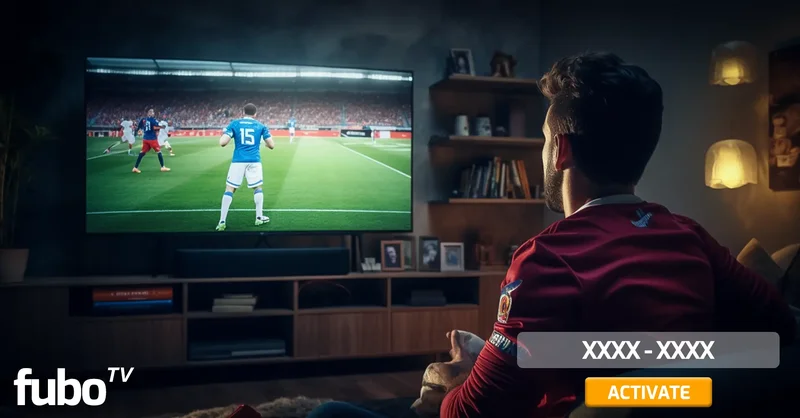Fubo's Subscriber Surge After Hulu Merger: What it Means for Streaming
Okay, folks, buckle up because we're about to dive into something HUGE. Fubo, the sports-first streaming service, just dropped some numbers that, at first glance, might seem…underwhelming. A 1% subscriber increase year-over-year? Revenue down 2%? Some headlines are already painting a picture of stagnation. But hold on a second. Let's dig deeper, because beneath the surface, I see something genuinely exciting bubbling.
The Real Game Changer: It's Not Just About Subscribers
The headline everyone's missing is the merger with Hulu + Live TV. Yes, Fubo "only" added a few subscribers. But think about what this merger represents. It's not just two companies joining forces; it's a fundamental reshaping of the streaming landscape. It's like when Gutenberg invented the printing press—suddenly, information wasn't limited to the elite few anymore. What does this mean for us? A democratization of content. More choices, more competition, and ultimately, better experiences for you.
Fubo ended its third quarter with 1.63 million North American subscribers, which is good. Fubo Reaches 1.63 Million Subscribers After Closing Disney’s Hulu Merger with Hulu + Live TV is said to be creating the sixth-largest pay television service in the United States. But the real story isn’t just about the numbers themselves but the potential they unlock. As Fubo CEO David Gandler said, the two companies' customer bases don't overlap, and he noted that Hulu has some programming not offered by FuboTV that “adds to the spectrum of offers” the combined company will be able to provide.
Imagine this: a single platform where you can seamlessly switch between live sports, blockbuster movies, and critically acclaimed TV shows, all without ever leaving your couch. And it seems like Fubo is already thinking about how to better leverage sports content. Gandler said Fubo is exploring how to benefit from the ESPN ecosystem of content, such as direct-to-consumer, radio and web-based content. “This is a funnel that we have never leveraged before,” he said, “so we think that there is probably significant untapped value for us to grow our sub base, again, profitably, which means it could have a very positive impact on our sales and marketing line.”
And get this: Fubo launched a sports skinny bundle in early September for $56/month, and Gandler said that it has expanded its reach to 80% of the country and is continuing to grow, all without cannibalizing the broader Fubo service.

Now, I know what some of you are thinking: "Okay, Aris, that sounds great, but what about the YouTube TV blackout? Isn't that just chaos?" Well, yes, the temporary loss of Disney-owned channels on YouTube TV is disruptive. But it’s also a reminder that the streaming wars are far from over. It's a volatile landscape, and Fubo is positioning itself to be a major player. As a result of the YouTube TV blackout, viewers can still watch the missing content on alternative streaming services like Fubo, Sling TV and ESPN Unlimited.
Speaking of the blackout, YouTube TV said Monday that it will not make an Election Day exception to its ongoing blackout of Disney-owned ABC, as Disney requested earlier in the day. I'll be honest, when I first read that, I just shook my head. It feels like these giants are playing chess while we're just trying to watch the game! But in a weird way, it reinforces the value of having options. The more players in the game, the more likely we are to find a solution that works for us.
But there's more. Fubo’s net loss from continuing operations improved significantly to $18.9 million, compared to $54.7 million in the same quarter last year. Additionally, FuboTV achieved a positive Adjusted EBITDA of $6.9 million, marking its second consecutive quarter of positive results. That’s huge!
Of course, this isn't just about entertainment. With great power comes great responsibility. As these platforms consolidate, we need to be vigilant about net neutrality, data privacy, and ensuring that diverse voices still have a platform. But I believe that with careful consideration and open dialogue, we can navigate these challenges and create a streaming ecosystem that truly serves everyone.
